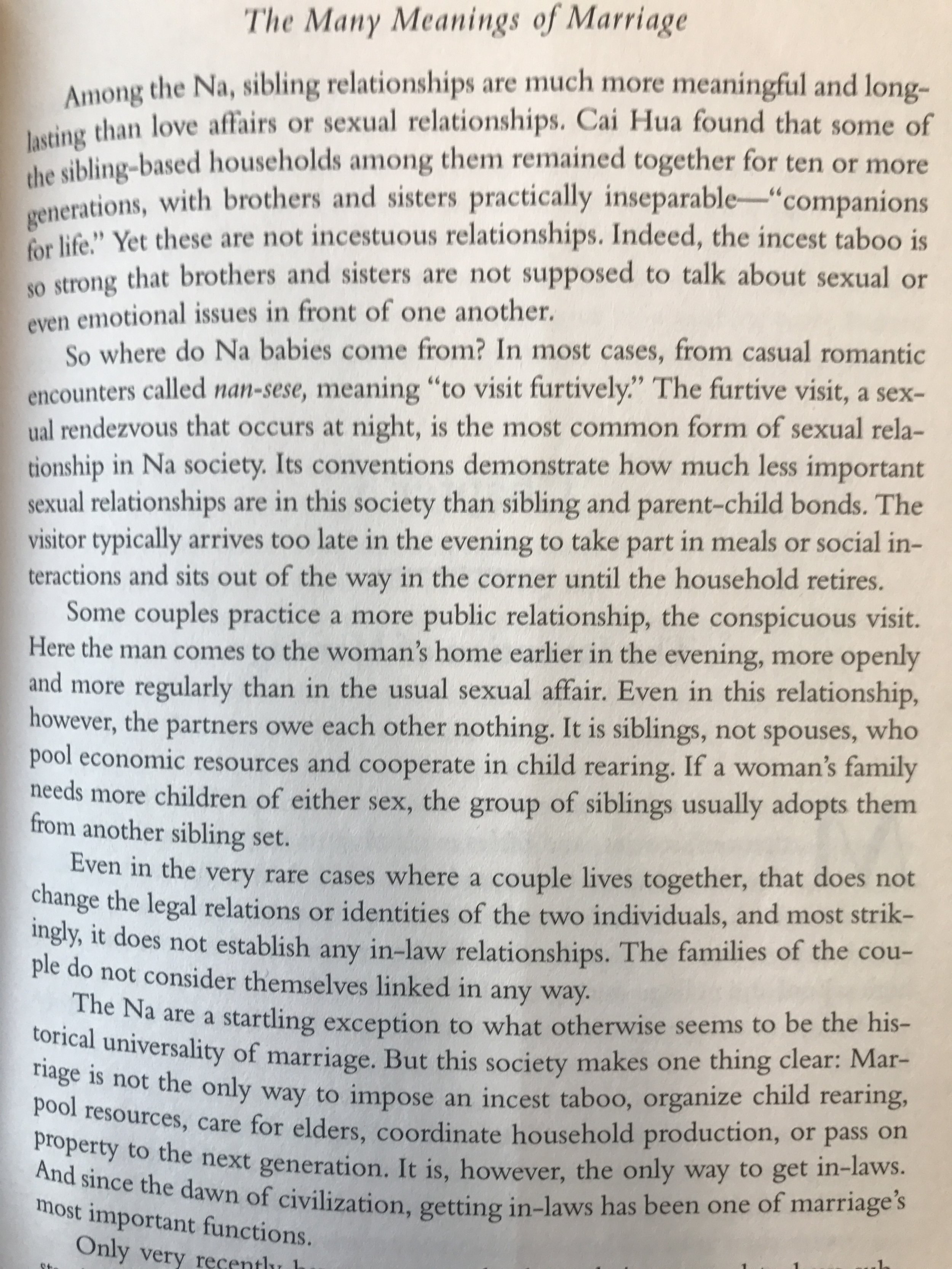On the History of Surnames Themselves
"After the Norman invasion, old Saxon customs, including those regarding names, were replaced with Norman ones. Populations increased and larger cities grew while the list of possible first names was quite limited, resulting in confusion and the increasing need for some other means of identifying individuals. Surnames therefore became more common in thirteenth and fourteenth-century England. Adding to the necessity of more precise names, the state began to require a way to identify and regulate its citizens. Kelly argues that early naming conventions also developed as a way to shape and structure citizens’ lives to correspond with the dominant culture, a purpose which is still extant today.
The use of surnames was quite flexible and inconsistent until the 1500s, however. Names themselves were chosen by the bearer, sometimes according to local laws. A 1465 law, for example, dictated that every Irishman living within specified districts should 'take to him an English surname of one town, as Sutton, Chester, Trynn, Skryne, Corke, Kinsall; or colour, as white, black, brown; or arte or science, as smith or carpenter; or office as cooke, butler.' Names changed quickly and easily through the fourteenth century, and reflected a person’s trade, personal and physical characteristics, or residence more often than their paternity. As a result of this flexibility in name choice, members of the same family would often have different surnames, and those names would frequently change throughout one’s life. John Smith could have a daughter named Maude Weaver and a son named Henry Short, who may also be known as Henry Hill if he lived on a hill, or Henry Johnson as the son of John.
Surnames gradually began to be hereditary in the fourteenth century due to state registration of citizens requiring more naming consistency. As Kelly points out, many of the common English names of today reflect important functions of fourteenth century life. Yet surnames were not universal or firmly established in all parts of England even by the early 1700s. Indeed, the British royal family itself had no surname at all until 1917 when they adopted the name Windsor, apparently as a means of distinguishing the family from the Germans during World War I. Surnames, therefore, developed out of a combination of 'custom, convenience, and law.'
The surnames of women in particular have not been well documented, which essentially writes females out of history as their ancestry is so difficult to trace. Evidence suggests, however, that girls were given names such as Alice Tomsdaughter, but these names were largely lost in time because English custom developed such that women tended to adopt the surnames of their husbands. Yet it is also clear that there were exceptions to the norm; historically, if the wife inherited property, then her husband and children would take her last name in order to attach themselves to the estate. Tuttle argues that the purpose of this was to ensure that the family and future generations might be “deluded” into believing in the consistency of the male line. With time, however, the law imposed further restrictions upon women’s ownership of property, so that eventually only males were permitted ownership by law. This effectively ended the practice of men taking their wives’ names at marriage.
Although westerners tend to think of our naming structure as set in stone and as representing the only reasonable approach, not only did these structures vary within our own culture over time, but worldwide many other practices have abounded. There are still no surnames at all in many non-western societies. “Matronymics,”or the practice of naming after the maternal line, exists in modern Spain, medieval England, and amongst medieval Arabs and Jews. Indeed, in medieval England children were often given the names of their mothers, or assumed them voluntarily, even when they were not illegitimate. In some cultures, surnames are narrative and are neither patrilineal nor matrilineal."
Excerpted from: Deborah J. Anthony, A Spouse by Any Other Name, 17 Wm. & Mary J. Women & L. 187 (2010),












